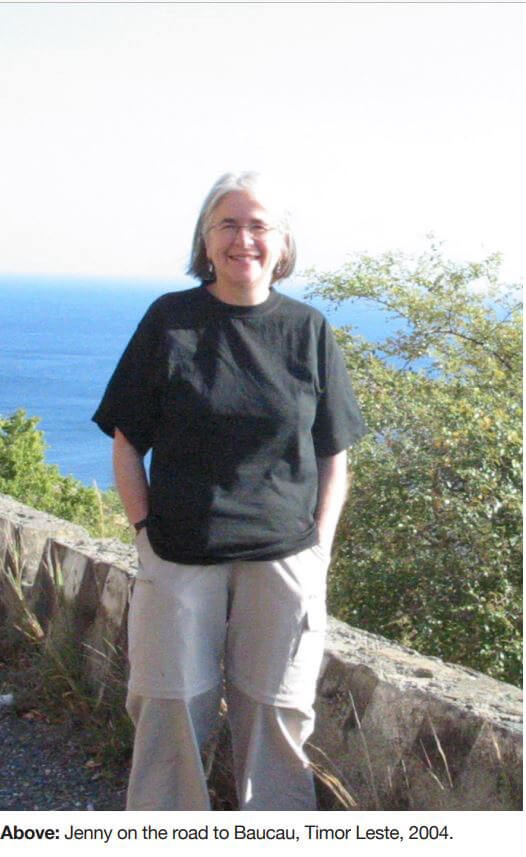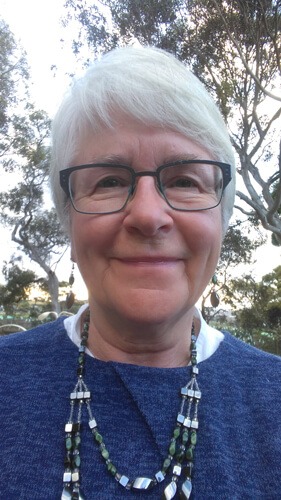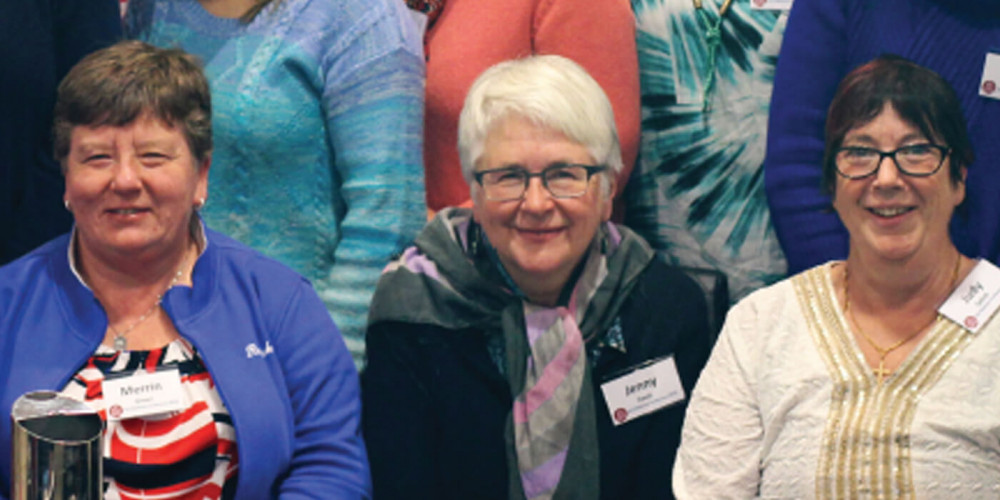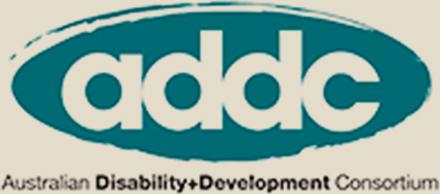KIT Blog
Celebrating and Supporting Christian Women in Leadership
-
 The Leprosy Mission Australia
The Leprosy Mission Australia
- Feb 18, 2021
- Uncategorized
Life member, Jenny Davis, was the first female Board Chair of The Leprosy Mission Australia (TLMA) just over 20 years ago. She combined microbiological skills with her desire to serve Christ in an organisation that stands with the marginalised people in our world. This month, we praise God and give thanks for Jenny and for all women who make an impact through leadership and governance in The Leprosy Mission Australia. This is Jenny’s story…
 In 1974, my husband and I were backpacking in Thailand and visited family friends, Trevor and Heather Smith, in Chiang Mai as missionaries with The Leprosy Mission (TLM). We were inspired, but I didn’t at any point think that I’d get involved with TLM myself.However, 1983 brought me to TLMA’s Executive Committee (as it was known then). I was the only woman on the Committee for some years, but I learnt plenty about committee membership and about leprosy, as well as enjoying the new people and experiences.
In 1974, my husband and I were backpacking in Thailand and visited family friends, Trevor and Heather Smith, in Chiang Mai as missionaries with The Leprosy Mission (TLM). We were inspired, but I didn’t at any point think that I’d get involved with TLM myself.However, 1983 brought me to TLMA’s Executive Committee (as it was known then). I was the only woman on the Committee for some years, but I learnt plenty about committee membership and about leprosy, as well as enjoying the new people and experiences.
As the Executive Committee became a Board in the 1990s and as community expectations for NGO boards were heightened, I was learning about governance, good practice and organisational policies. It was challenging for me and I became convinced that if an organisation has a Board that works together and is effective, it can then have the capacity to do the front-line work really well.
The start of the new century brought new opportunities. I was elected as the TLMA Board Chair and then had the privilege of serving on The Leprosy Mission International Board. The TLMA Board and staff were great fellow-workers and once more, I was learning about leadership. Fellow Board members on the international body (all with different viewpoints!) opened my eyes to look at problems on a larger scale than just a narrow national focus.
After these roles, I continued work with the international Member Appointed Working Group (MAWG) on Policies and Standards. It was encouraging to work with TLM people across the globe, all with online meetings – and this was long before COVID-19 made ZOOM compulsory!
 I’ve been inspired by many people within TLM, but I’ll mention three women. Birke Nigatu Teka, determined advocate for people affected by leprosy in Ethiopia; Mary Ogebe, Board member and pioneering doctor from Nigeria; and Jannine Ebenso, practical and thoughtful International staff member, guiding our international policies. All have been a real encouragement that we can make a difference in TLM.In retirement, I am free to pursue my passion – science and history. This last year, I looked at leprosy and its history in my own country – Australia. I do not think I previously realised the effects of leprosy on our Indigenous Australians.
I’ve been inspired by many people within TLM, but I’ll mention three women. Birke Nigatu Teka, determined advocate for people affected by leprosy in Ethiopia; Mary Ogebe, Board member and pioneering doctor from Nigeria; and Jannine Ebenso, practical and thoughtful International staff member, guiding our international policies. All have been a real encouragement that we can make a difference in TLM.In retirement, I am free to pursue my passion – science and history. This last year, I looked at leprosy and its history in my own country – Australia. I do not think I previously realised the effects of leprosy on our Indigenous Australians.
I am thankful that The Leprosy Mission Australia can focus on helping our ‘nearest neighbours’, like in Papua New Guinea (PNG). With close community ties to the Torres Strait and Northern Australian communities, early detection and treatment in PNG, and in other nations close by, is crucial to ending transmission in the region.
Please continue to pray with me for the success of our leprosy detection and support program in PNG. Pray that leprosy will be defeated, and lives transformed, in our lifetime.
If you would like to give hope to people affected by leprosy this Easter through The Leprosy Mission in PNG, please DONATE TODAY by contacting FREECALL 1800 537 767 or go to: www.leprosymission.org.au/PNG
Stigma, Separation, Sorrow: Leprosy in Australia
Jenny’s article “Stigma, Separation and Sorrow: Leprosy in Australia” was published in Microbiology Australia by CSIRO Publishing. You can download the full article here.
Live Transmission
Jenny’s broadcast (Live Transmission on community radio RRR 102.7FM) which first aired on 17th January focusses on leprosy in Australia and its effect on Indigenous Australians. You can listen to the recording here.













